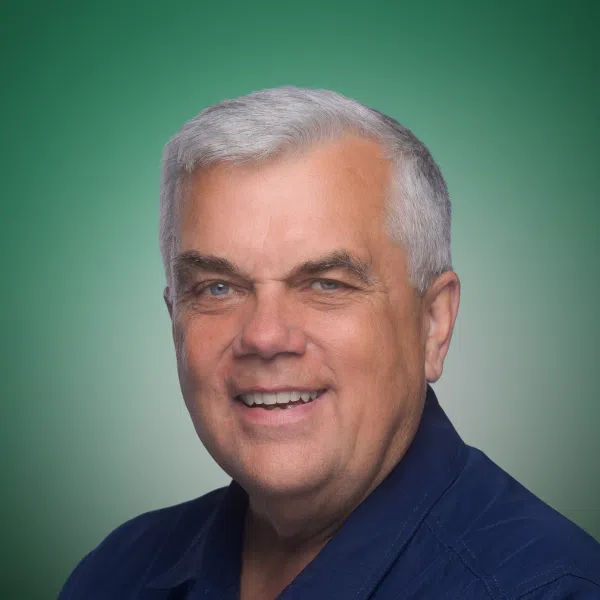Cadmus Delorme is more than ready to take on his new role.
Delorme, who previously announced he wouldn’t be running for re-election as chief of the Cowessess First Nation, has been appointed as chairperson for the new Residential School Documents Advisory Committee.
“You go in there looking for the chronological evidence and you come out with validation stories that are very heavy,” Delorme told Gormley on Wednesday.
“This is not an easy approach to the end goal of making sure unmarked graves across this country that were once attached to residential school (are identified). Each community and ad hoc (committee) have their end goal and we just want that information to help them.”
The advisory committee was created to develop recommendations, and identify and share documents of historical interest with the National Centre for Truth and Reconciliation, which is based in Winnipeg.
“This committee is to take those records in government, where we normally don’t have the opportunity to look at them, to transition them out of government to a national centre where First Nations and ad hoc committees can find the information they seek,” Delorme said.
Searches across the country are finding evidence of unmarked graves at the sites of residential schools. In June of 2021, Delorme announced a search on the Cowessess First Nation had located 751 unmarked graves.
Delorme said each community will have its own end goal for what to do with the information that is gathered by the committee.
“Cowessess’s end goal is to put names to the unmarked graves,” he said. “(Our goal is) to make the place very beautiful so that people could come and mourn and come and find loved ones, and just for Canada to come and just understand that this is our history.
“We inherited this, but we all have a responsibility today.”
Delorme said it will be a very difficult task, as records are in many different areas.
Since 2021, the Cowessess First Nation has been working closely with the Roman Catholic Church.
“They’ve been very open to us going to their records, but the records are not in chronological order. They’re just in boxes,” Delorme said. “So we have to go through many boxes just to put (the records in) our own chronological order.
“Our approach is going from 1898 to 1980, identifying students, children, staff, church staff and so forth in year to year, so it hasn’t been an easy task.”
Delorme said the position with the committee is not a full-time job. Members of the committee will meet on a quarterly basis.
He also said he would have joined the committee even if he had chosen to run for re-election as chief of the Cowessess First Nation in April.











